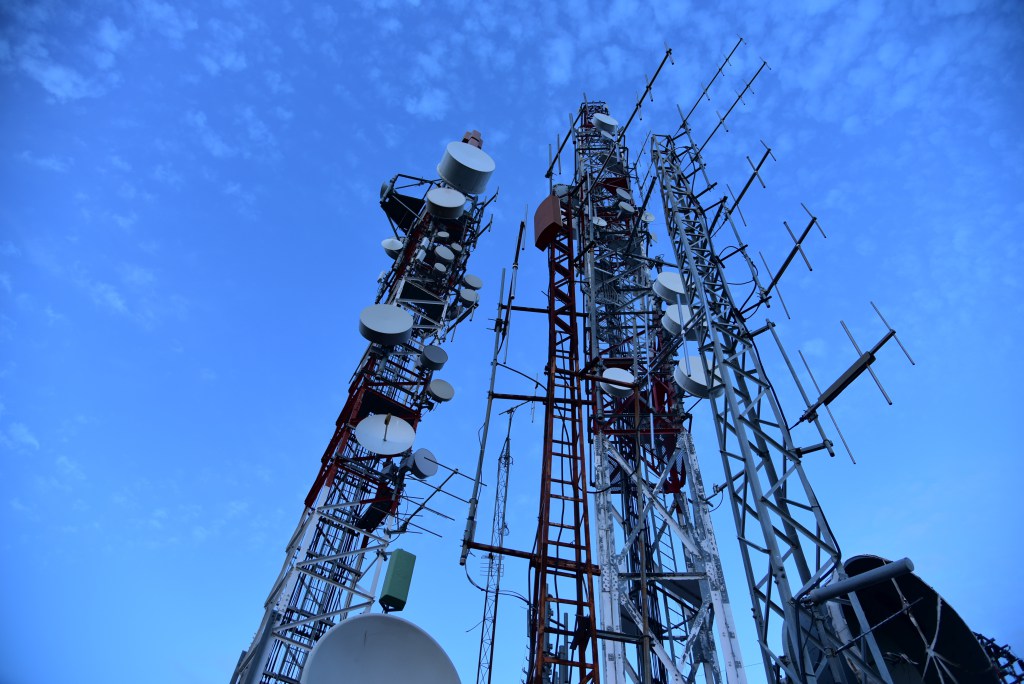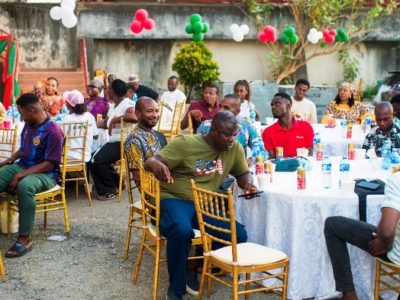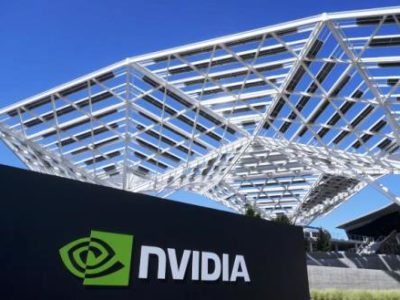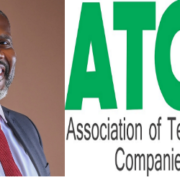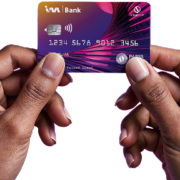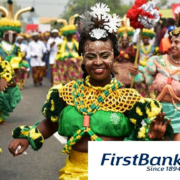By Olusegun Oruame
Damage and vandalization of fiber infrastructure; power supply issues, and high Right of Way (RoW) charges are some of the major hurdles to Nigeria’s dream for affordable and accessible national broadband, telecoms regulator and Executive Vice Chairman/CEO, Nigerian Communications Commission (NCC), Prof. Umar Danbatta has said. On their tail are multiple taxation and regulation; and limited spectrum bandwidth lamented Danbatta at a recent software forum in Jos, Plateau state.
The telecom regulator also listed “relatively limited infrastructure sharing; duplication of backhaul intercity fiber; lack of adequate metropolitan fiber infrastructure in several towns and cities; security and community issues; poor utilization of the intercity fiber due to the proliferation of this cable in common routes and uneven distribution of last mile solutions” as challenges negatively impacting on Nigeria’s ability to rollout broadband access to its population of over 195 million.
While “there are adequate international bandwidth from international submarine cables at the Nigerian landing shores, inadequate metropolitan area fiber in many cities [and the other challenges have ensured that] access to internet is almost 99% provided through wireless solutions,” said Danbatta at the HackJos event in Jos.
Operators who directly feel the pain say while market may hold high returns on investment, the challenges dim out the high prospect. The country needs strong policy and legislative interventions to keep the telecom sector on track and sustain growth, said president of Association of Telecommunications Companies of Nigeria (ATCON), Mr. Olusola Teniola. ‘In the long run the market scares off local and foreign investors,” added Teniola to IT Edge News.
ATCON is the umbrella body for all telecom operators.
“We have ceaseless, almost daily cases of fiber cuts. They sabotage our fiber by digging them up and stealing them. This is why we have been pushing the bill to make telecoms infrastructure “Critical National Infrastructure at [the National Assembly], said Director of Corporate Communications and CSR at Bharti Airtel Nigeria Limited, Mr. Emeka Oparah.
Oparah was responding on Facebook to a complaint on why service quality is poor in the eastern part of Nigeria. He itemised the challenges in a long post thus:
- In Imo State, for instance, we (the telcos) got waivers from the state governments in their bid to have mobile services in their states. We invested resources. 8-10 years down the line, [another government], for example, decides to revoke the waivers, hit us with a bill covering 10 years or more with interest-including fumigation charges (of N800m plus). Next, sites started getting shut down. We had to go to court.
- There’s never a day we do not have incidents of generator theft. Our base stations are attacked by men bearing AK-47s and 20-40KVA generators removed with cranes. Sometimes, the security men, who are locals, are killed. Some have been stolen six times. In some cases we decide never to replace them! And because they know what they want, they go for the BSC’s, hub sites, which control multiple (over 50) sites.
- We have ceaseless, almost daily cases of fiber cuts. They sabotage our fiber by digging them up and stealing them. This is why we have been pushing the bill to make telecoms infrastructure “Critical National Infrastructure “at NASS.
- Multiple taxation by states, local governments and even communities. I thought Area Boys was a Lagos phenomenon but we have the worst type in the SE [South East]. To fuel some sites, you will pay the “landlords”.
- Right of way: it takes forever to get right of way in the South East. The governors are not interested in connectivity. Some friends have been working on connectivity in the SE, but their greatest setback has been getting the buy-in of the governors.
Nigeria telecoms sector contributed over 11% to the country’s GDP as at first quarter (Q1) of 2018. The sector has so far attracted more than about $70 billion dollars local and foreign direct investment. But the hurdles to achieving quality of service remains daunting for even the regulator who usually imposes penalty on telcos that failed to meet the minimum benchmark for set QoS. While the country targets to achieve 30% broadband access by next month, operators said going over the mark from 2019 would require a more aggressive approach on government side to particularly address security challenges that render telecom infrastructure worthless, RoW and multiple taxation all of which are continuously emasculating operators.
“The regulatory interventions in Nigeria is focused more on the Metropolitan Area and last mile as the country has achieved considerably in terms capacity at the landing point and intercity fiber,” said Danbatta.
“NCC has licensed several frequencies in the recent past to ensure adequate bandwidth for deployment of broadband services. 2.3GHz,70/80GHz, 2.6GHz and [has] planned the opening of 38GHz and 42GHz.- Stepped down due to ITU studies as frequencies were identified for 5G” added the regulator. He is optimistic that the challenges will be overcome and that the size of the market with the increasing income of a large segement of the population means that the telecom sector will continue to grow as well as respond more robustly to trends in the global telecom industry.
Danbatta was represented at HackJos by Deputy Director, Spectrum Administration, NCC, Mr. Somieari Jumbo. HackJos is promoted by Nhub Nigeria, the first technology hub (innovation cluster) in Northern Nigeria Founded by Nignux Technologies Limited. The event is holding with the collaboration of Qitech Technologies Limited, a technology business aggregator warehoused in Jos and supported by IT Edge News.

